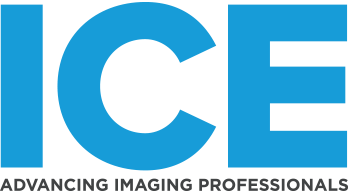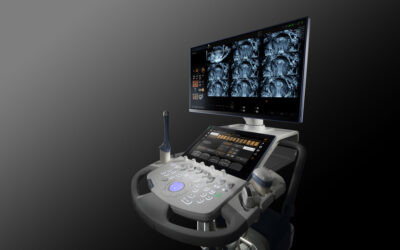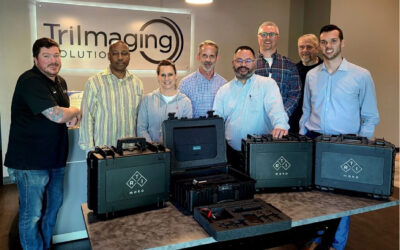Royal Philips has announced that it is increasing the production of certain critical care products and solutions to help diagnose and treat patients with the new coronavirus disease (COVID-19).

The most needed products are patient vital signs monitors and portable ventilators and medical consumables for non-invasive and invasive ventilation to treat a broad range of respiratory conditions. Other Philips products and solutions to help address the preparedness, response and recovery needs of COVID-19 include a range of diagnostic imaging systems (CT, mobile diagnostic X-ray and ultrasound) to help diagnose and assess respiratory conditions, as well as hospital telehealth solutions to centrally monitor and manage patients in the intensive care unit (Philips eICU program), and telehealth solutions to connect caregivers and patients at home.
For example, Philips is ramping up the production of hospital ventilators and plans to double production within the next eight weeks and achieve a four-fold increase by the third quarter of 2020. The company is mobilizing its global supplier network to step up support and production in this extraordinary situation. Philips has a global manufacturing footprint with final assembly sites in North America, Europe and Asia, and, equally important, a global network of certified materials and component suppliers.
In line with the recent call to action by the International Chamber of Commerce (ICC) and World Health Organization (WHO), Philips is also calling on governments to facilitate enhanced access to critical materials and components by not imposing restrictions such as export controls and tariffs, and to provide help to accelerate logistics, as well as exemptions for critical suppliers from lockdown measures.
Philips believes that critical medical equipment, such as hospital ventilators and patient monitors, should be made available across the world, prioritizing those communities and countries that need it the most, using a fair and ethical approach to allocate supply to acute patient demands based on data such as the COVID-19 risk-classification of a country/region.
“In line with Philips’ mission to improve people’s lives, we want to help as many health care providers as possible to deal with the growing numbers of critical COVID-19 patients,” said Frans van Houten, CEO of Royal Philips. “There is an unprecedented global demand for medical equipment to help diagnose and treat patients with COVID-19. We are working around the clock to double our hospital ventilator production within the next eight weeks and we are aiming for a four-fold increase by the third quarter.”
“We are actively engaging with the medical technology industry, governments, the World Health Organization and other health authorities to safeguard the production expansion of materials, components and final products, as well as their shipment between countries. We are calling on all these parties to help us in our endeavor to save lives by accelerating deliveries. We believe in fair allocation of scarce medical equipment to those that need it the most, while we are ramping up to supply other regions in the coming months,” continued Frans van Houten.
Philips’ efforts to increase the production include:
- Hiring additional manufacturing employees and shifting current employees to support increased demand immediately;
- Adding manufacturing lines and increasing the number of shifts to 24/7 shifts;
- Working closely with Philips’ suppliers to secure materials supply to feed the increased production at our manufacturing sites;
- Leveraging Philips’ innovation capabilities to re-purpose adjacent product ranges to address the increased demand;
- Engaging with third-party contract manufacturers.








